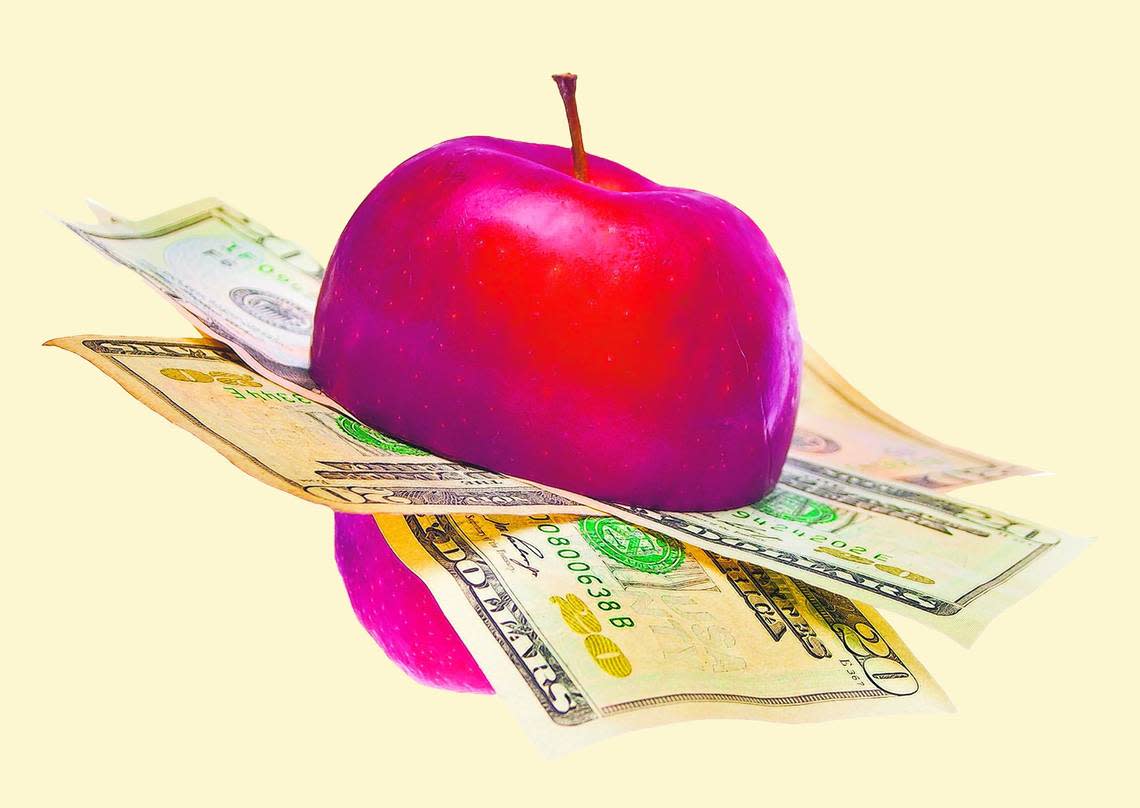Kansas school voucher plans favor affluent parents at society’s expense | Commentary

If two bills moving through the Kansas Legislature become law, together they could destabilize public schools, prove disastrous for Kansas students and reduce the state general tax fund.
As currently written, the bills would shift funding to private and home schools, plus permit affluent parents to donate enough to an existing scholarship fund to write off the entire cost of private schooling. Yet low-income parents with vouchers still could not afford the cost of many private schools.
What is more, there are as many as 60 Kansas counties with no private schools for students to attend.
The bill most publicized and hotly contested is the Kansas Sunflower Education Equity Act H.B. 2218, also called the Education Savings Account voucher bill. It would provide parents the yearly per-pupil state funding amount of nearly $5,000 for their students in grades one to 12, and for preschoolers with disabilities.
H.B. 2218 vouchers cover a range of expenditures including tuition in accredited and non-accredited private schools, and micro-schools where home-schoolers form groups to teach their children jointly, often in one another’s homes.
The bill allows for individual home school support and other educational services such as online learning.
The Kansas Division of Budget estimates that the yearly loss of state aid to school districts would be approximately $152 million.
The state treasurer’s office — not the Kansas State Department of Education — would administer the program, but the administrative cost is unknown due to lack of data for preschool and private school students.
School supporters estimate the total cost at $270 million.
H.B. 2218 would require only a mandate for full-time instruction in math, science, reading, grammar and social studies.
In an interview on the National Public Radio “1A” program Feb. 13, House Education Committee Chair, Republican state Rep. Kristey Williams, was asked by the moderator if white supremacist, racist beliefs would be allowed by H.B. 2218. Williams replied such speech was “abhorrent.”
Noting that recently an Ohio network of micro-schools was discovered to be teaching Nazi propaganda and racism, the moderator repeated the question. Williams said she believes in parents and that most, if not all, parents in Kansas would choose to teach their kids in the best possible way. Find the entire interview at www.npr.org/podcasts/510316/1a
Another bill that would weaken public schools is the scholarship tax credit program, originally intended to provide private school tuition for students living in poverty. House Bill 2048 would extend funding to a much larger income group with a tax credit of 75% for corporation or individual donations. If passed, affluent parents could write off the entire cost of private school.
Should this bill become law, the Kansas Division of Budget expects it to reduce the state general fund about $10 million in the first year.
Such proposals circulating in the Legislature leave students without standards for curriculum or protection from indoctrination. Besides stripping funds from public school budgets, increased tax credits rob the general fund of resources for other state expenditures.
I too believe in Kansas parents to make right decisions. I believe they’ll tell legislators to trash these bills.
Sharon Hartin Iorio is dean emerita of the Wichita State University College of Education.
